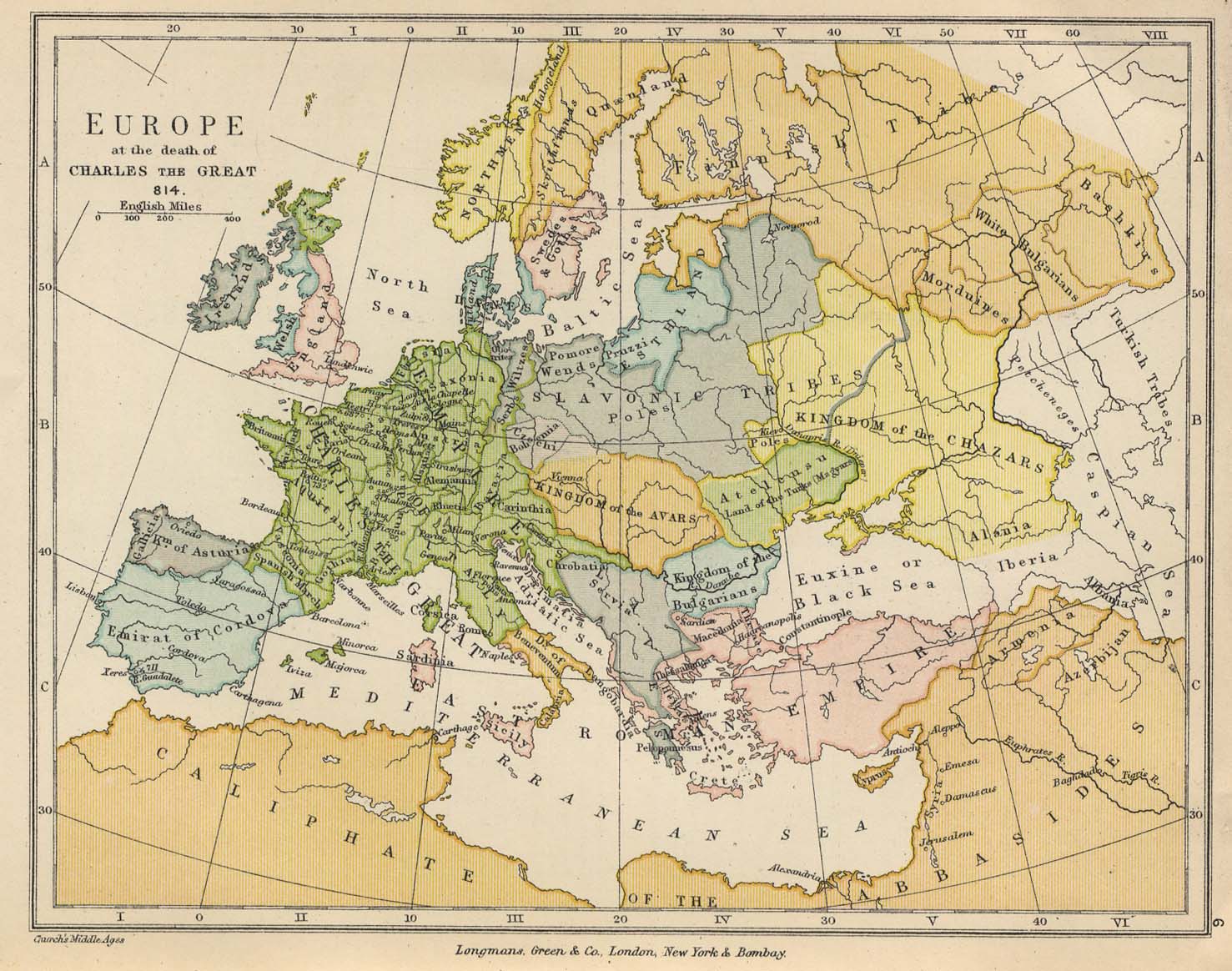The Dangers of Health-Fetishism
The ideology of the nanny state can perhaps be summarised as coercing people to be healthy. Complaints about the first half of this (coercion) are well known: people should be able to make their own choices even if this involves them opting to smoke or drink or eat sugar. However, most people would regard the second aspect (health) as uncontroversial. Whilst the means of nudging, taxing, banning, and regulating may be objectionable, the end of promoting health is obviously a ‘good thing’.
I’m not so sure that this is true. Obviously, health has its benefits. Most people would prefer to not have typhoid. A healthier population may also be more efficient and happier. And, if you enjoy your life, it’s rational to want it to last and to die at 80 rather than at 40.
Paul Krugman has gone too far this time: let’s re-train him as a cosmonaut
I admit it: I have never been a big fan of Paul Krugman. I do not care for his vulgar Keynesianism or his vulgar rhetoric. His humourless sanctimoniousness, his angry ad hominem attacks, his lack of courtesy and his cavalier attitude to the facts are not to my taste.
All this said, I cannot deny that he plays a useful role in the economists’ ecosystem: everyone needs a bogeyman. His proposal in 2011 that we should solve the economic crisis by faking an alien space invasion was a hoot. But whereas sensible people had a laugh and took his proposal as the logical outcome of Keynesianism pushed ad absurdum, he really meant it. If he didn’t exist, we would have to make him up.
However, his recent slurs against the Cato Institute are a step too far even by his standards.
How Negative Income Tax could lead us towards material abundance
120 years ago American factories electrified their operations, triggering the Second Industrial Revolution in which steam engines were replaced with motors. This general purpose technology (GPT) – a technology that can affect an entire economy, usually at a national or global level – created new advantages for factories and prompted the invention of new work processes, allowing for increased growth and productivity. Innovation researcher Erik Brynjolfsson outlines three major GPT since the 18th century: the steam engine, electricity, and the internet, and along with Andrew McAfee, has coined this era The New Machine Age and produced a highly praised book of the same name. In this New Machine Era, they identify growing decoupling of productivity and employment: productivity is growing, but employment is decreasing. Correspondingly, wealth is increasing, but work is decreasing.
Regulation kills people
Of course it's also true that an entire absence of regulation will kill people too. The trick thus is to get the level of regulation correct. This is something that does not, to put it mildly, always happen:












